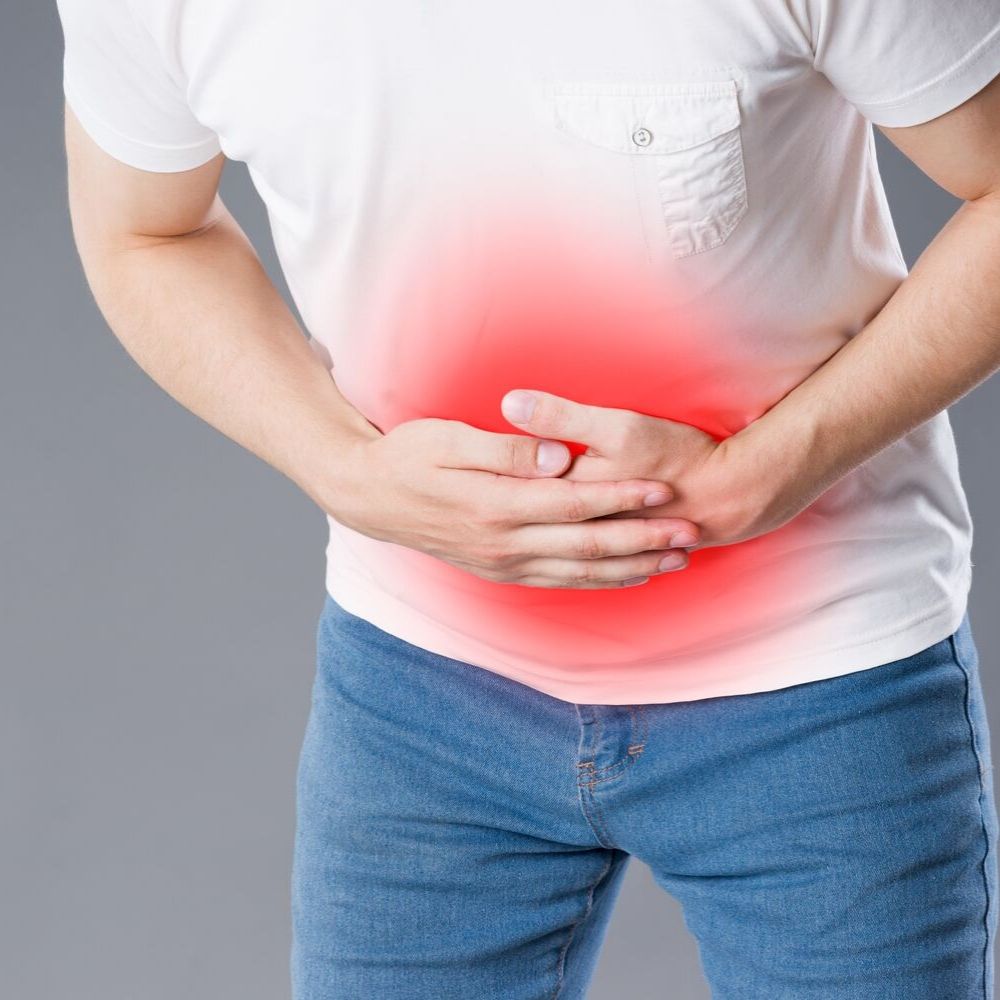
Abdominal Pain
Everyone has had a bellyache at one time or another, but if your abdominal pain just won’t go away then it could be a sign of a more serious illness. From Irritable Bowel Syndrome (IBS) and Crohn’s disease to Kidney Stones and Appendicitis, we can diagnosis and expertly treat your condition.
Abdominal Pain Q & A
Some of the most common causes of abdominal pain involve inflammation of the organs in the region, including your:
- Small and large intestines
- Kidneys
- Appendix
- Spleen
- Stomach
- Gallbladder
- Liver
- Pancreas
Your abdominal pain may be the result of a viral, bacterial, or parasitic infection. Growths, blockages, and gastroesophageal reflux disease (GERD) can also cause abdominal pain, as can Crohn’s disease.
Most abdominal pain goes away on its own. When you experience pain that doesn’t go away, or becomes so severe it’s hard to go about your daily routine, you should be evaluated by a medical professional.
Generally speaking, if your abdominal pain lasts longer than a full day, you find you’re no longer hungry, or you’re experiencing a burning sensation when you urinate, call your gastroenterologist.
Your gastroenterologist will perform a thorough physical examination and review your medical history. They may also request certain tests or screening procedures to either diagnose or rule out conditions, such as:
- Colonoscopy
- Upper endoscopy
- Capsule endoscopy
- Upper GI
- Blood, urine, or stool samples
- X-rays
- Ultrasounds
After determining the underlying cause of your abdominal pain, you will receive an individualized treatment plan to address your specific condition and symptoms.
Schedule An Appointment
[ninja_form id=3]
808-762-2311
available from 8 am – 12 pm

